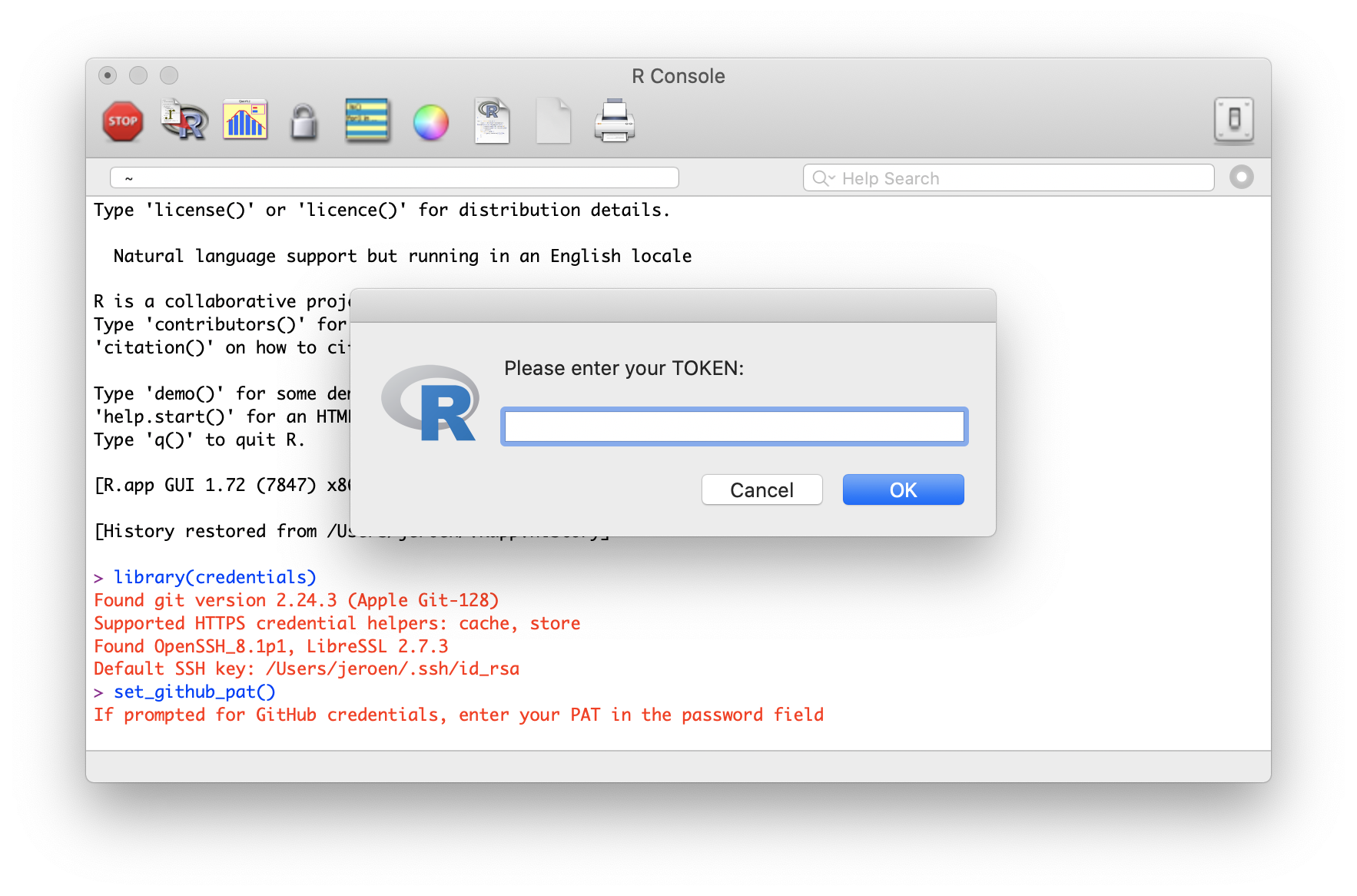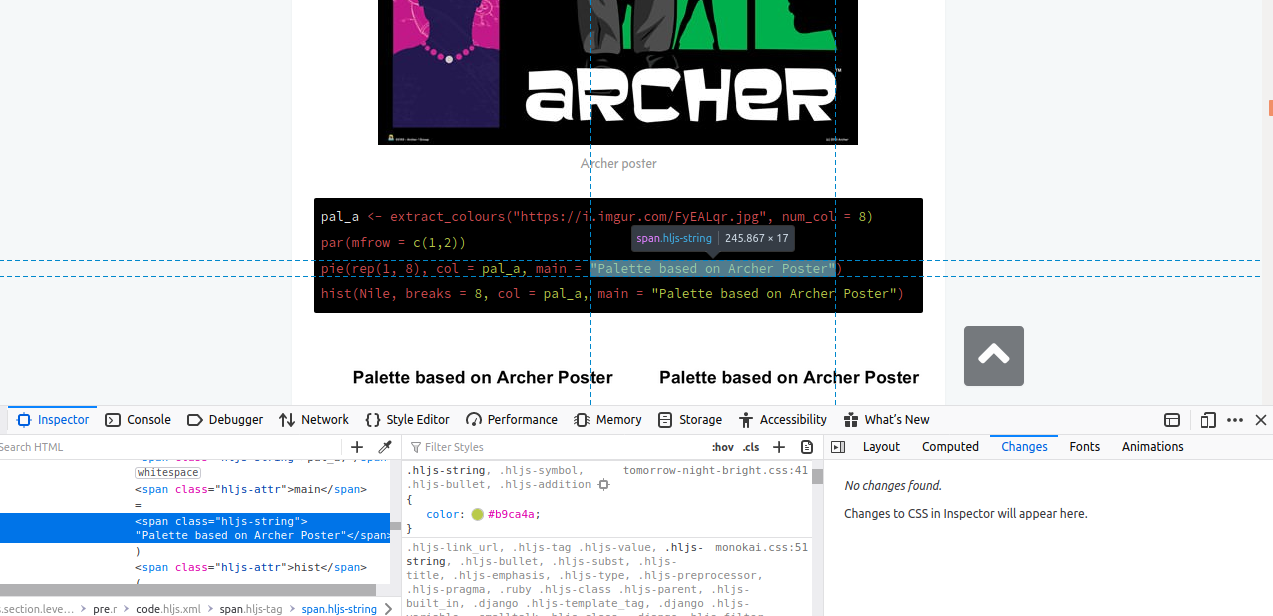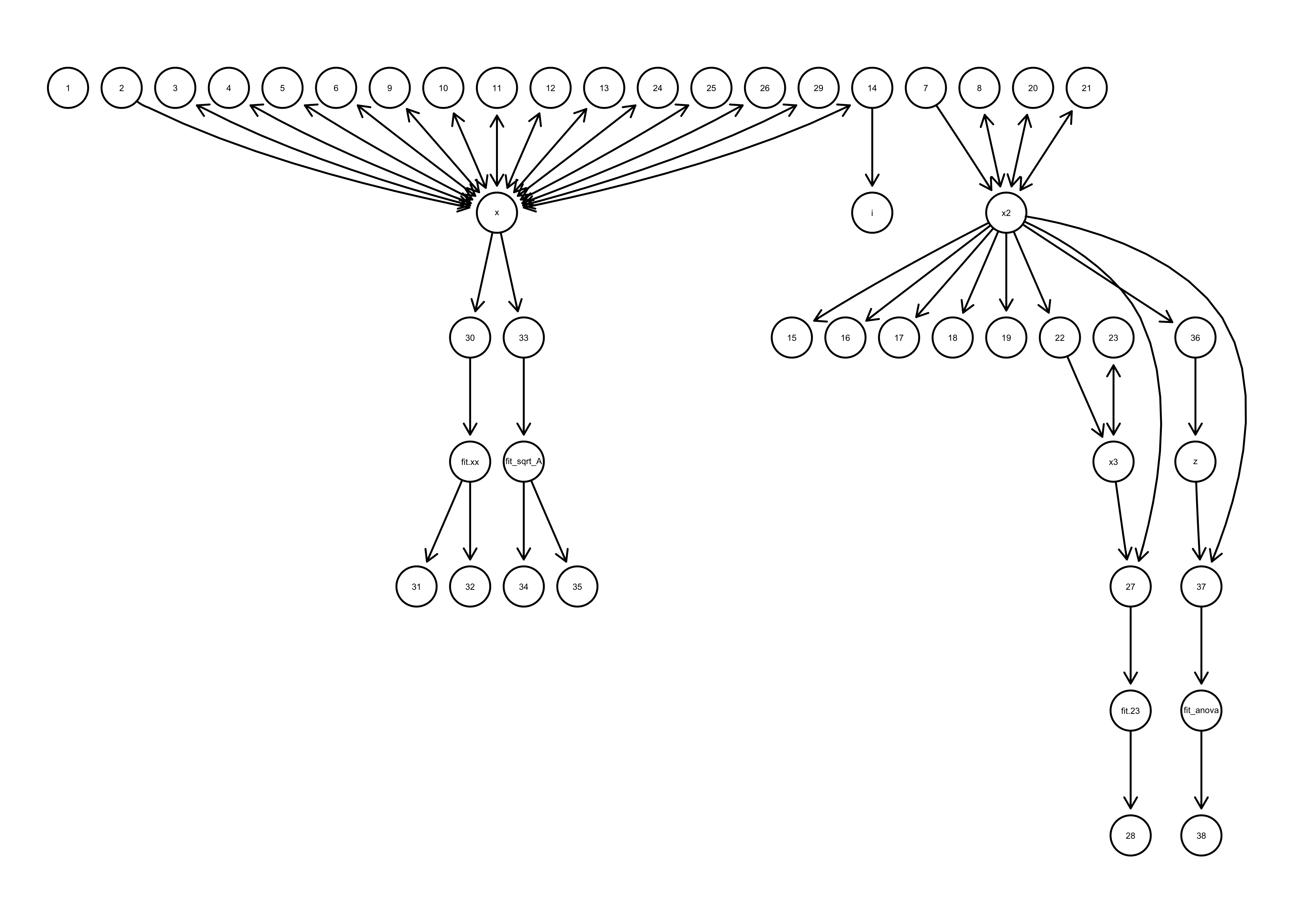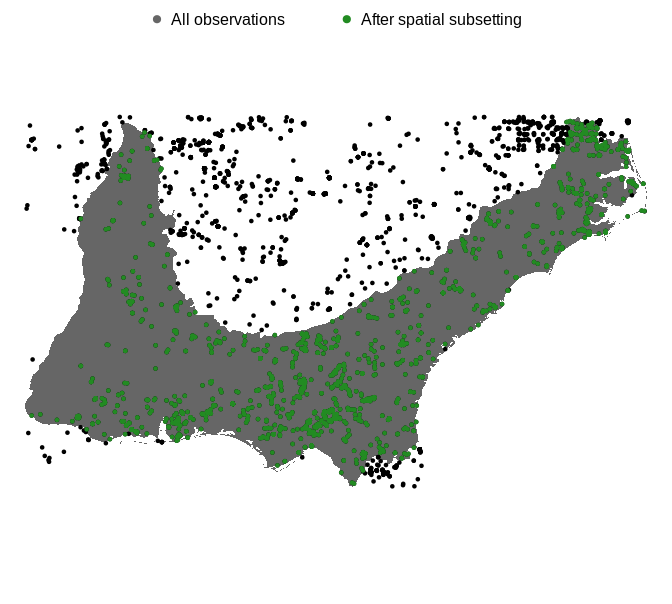
We have been working hard behind the scenes on the upcoming release of our new git package named gert, a joint effort from rOpenSci and the Tidyverse team. One of the main features of gert is the out-of-the-box authentication mechanism, which is provided via the new credentials package.





